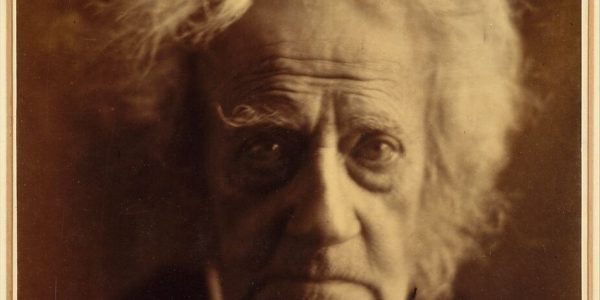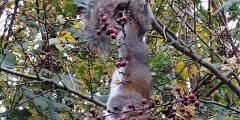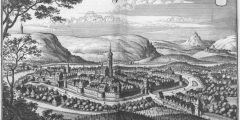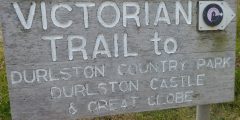John Herschel: A snapshot of his adventures in photography
February 16, 2024
Sitting at home on a miserable day last week, I was reading a tweet, then a blog post by Stephen Case who wrote a book with my sort of title: Making Stars Physical: The Astronomy of Sir John Herschel. That post cheered me up, as I learned something new. I went to the kitchen to …
The Gmelin family: From chemistry to phlogiston and permafrost
May 12, 2023
I had Covid. I was lying in bed. I saw a tweet by Mark Carnal saying: “Historians of Biology. How on earth is Gmelin pronounced? I’ve not had to say it out loud before.” I am not a historian of biology but, as a German speaker, I was intrigued. So, I looked up the name …
What’s in a name? On embryology, developmental biology and discipline naming
October 24, 2022
Last week Philip Ball asked an interesting question on Twitter which provoked a lot of responses and comments: “when did ‘embryology’ start to become ‘developmental biology’? I bet Philip will post an excellent answer to that question soon. I am not Philip and I am not a historian of biology; I am just a magpie. …
Andrea Wulf’s ‘Magnificent Rebels’ (2022)
September 23, 2022
The situation in this country and around the world is quite depressing and I wondered what could cheer me up. Then I started to read Andrea Wulf’s Magnificent Rebels: The First Romantics and the Invention of the Self and that did the trick (I had previously read her biography of Alexander von Humboldt and enjoyed that too). …
Marianne North: On the trail of a Victorian painter and adventurer
July 15, 2022
A while ago, my husband listened, rather by chance, to Thought for the Day, where Rev Marie-Elsa Bragg mentioned a book called ‘A Vision of Eden’ by Marianne North (as an aside, North was an atheist). My husband later told me about the book, as he knew I was ’into such things’. He also knew …










